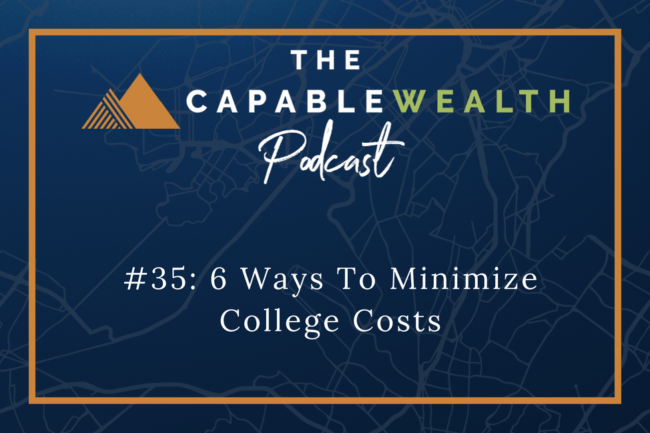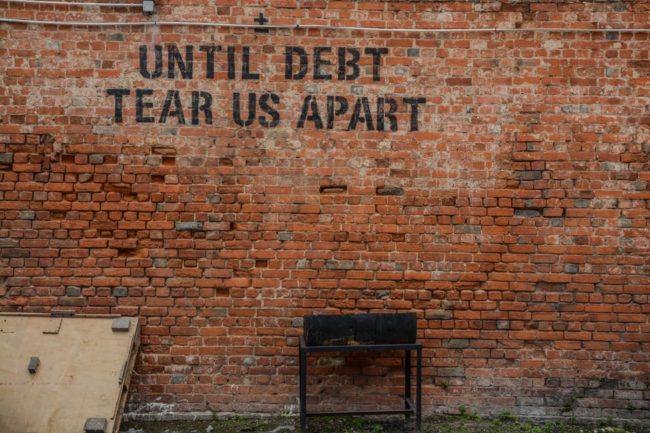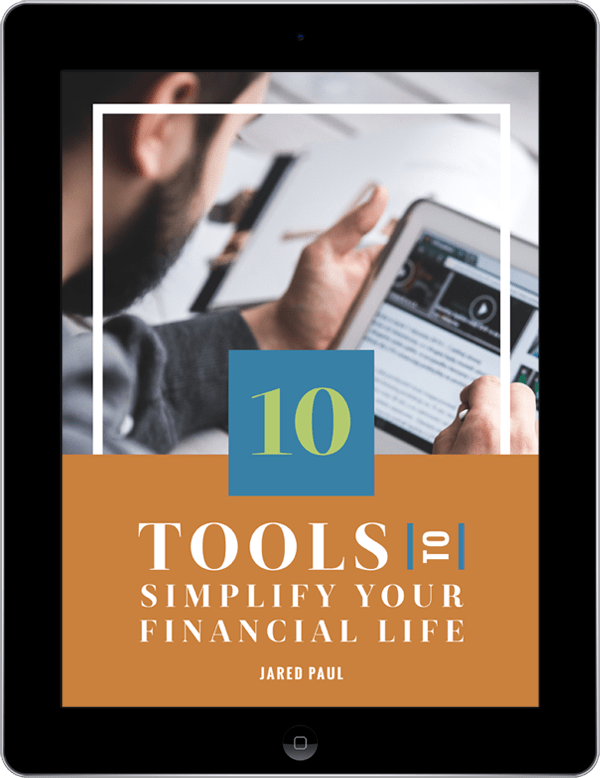About 3 months ago I was chatting with a friend who isn’t the most technologically savvy individual.
At one point in the conversation he was talking about all of the errands he had to run, and the items he needed to buy.
I haphazardly mentioned that he should just order the stuff on Amazon, not knowing that he had never used Amazon before. When I showed him how to set up an account on Amazon Prime, and that he could get most everyday items within 2-3 days delivered to his doorstep, he was floored.
A few weeks later I stopped by his house to hang out and I noticed there were a few extra gadgets lying around the place. A yoga ball, inversion headstand board, and an inflatable neck decompression brace.
It turns out, he went well beyond buying the things he “needed” and went on a little shopping spree. Sound familiar?
Amazon is pretty good at reeling you in with their “suggested purchases.”
I realized that I hadn’t simply helped a friend save some time by showing them Amazon Prime. I had created a monster, dedicated to impulse shopping!
CONTROLLING YOUR MONEY
Many people I speak with emphasize their desire to grow wealth. They want to put themselves in a better situation than they are currently in, but don’t know how to do it.
In fact, it isn’t that they necessarily don’t know how to do it, it’s because they are constantly distracted by all of the flashy advice surrounding investing, and other get-rich-quick schemes.
Building wealth begins with the essentials – things like budgeting, cutting unnecessary spending, and creating a plan to save and invest.
These aren’t small things that are being recommended. They represent the ways in which you can ensure control over your money, so it doesn’t control you.
Only when you’ve established control over your finances will you begin to see a positive change.
WHERE DID MY MONEY GO?
Have you ever heard someone say, “I just don’t know where all of my money goes?”
Maybe you’ve experienced the same feeling.
This happens because people are not cognizant about their spending.
Each day, we are faced with dozens of spending decisions. Some of which are planned, but many that are spur-of-the-moment (A.K.A. – Impulse).
In these moments, the more often you make poor decisions with your spending the higher the likelihood that you’ll be asking yourself, “Where did all of my money go?”
So, how can you change this?
THE PSYCHOLOGY BEHIND DECISION-MAKING
Over the years, many studies have shown that humans are poor decision makers. We tend to make irrational decisions based on emotion, not well-thought-out logic.
When that impulse moment arrives, and you’re standing there thinking if you should buy something or not, more times than not, humans make the wrong decision.
When some type of item jumps out at us, our brains quickly begin to weigh the pros and cons, but it’s the emotional side of our brain that’s doing most of the work.
We think things like “will I be happier if I buy this item?” as opposed to “does it make sense for me to make this purchase right now, given my financial situation?”
By the way, most purchases of material things WON’T make you happy. But there are ways that spending money can… but that’s another topic.
But how can you help fight off this way of decision making if it’s programmed into our brains?
STRATEGIES TO DECREASE SPENDING
I get a lot of questions from people about things like “How can I save more money?”
Many financial “experts” have come up with fad ideas on how to slow down your spending. Ideas ranging from cutting up your credit cards to avoiding entering any retail stores for any reason, whatsoever.
But the simplest, and often most-effective, way that I’ve heard of is to simply wait before you buy.
That’s it. Just wait.
By simply adding time to the purchasing process, you will increase the likelihood that you either will make a better decision on what to buy, or that you won’t buy at all.
Two specific ways to implement this strategy are as follows:
THE 72-HOUR TEST
In Carl Richards’ fantastic personal finance book “The One-Page Financial Plan,” he discusses what he calls the 72-hour rule.
The rule is quite simple. For all non-essential purchases, before you make the purchase, wait 72 hours.
When you do this, you shift the decision-making from the emotional part of your brain to the logical side of your brain. In essence, it gives your brain time to recognize the difference between something you want and something you actually need.
THE 30-DAY RULE
In episode #224 of the Tim Ferriss Show, he had on guest Kevin Rose. Kevin is an American internet entrepreneur and founder of numerous companies.
At one point in the show, they discussed something Kevin called his “30-day rule” for purchases.
If an item is more than $50 (you can set your own threshold), he has to wait 30 days before making the purchase.
What he does is put the item in his Amazon wish list, and then comes back to the list 30 days later to check and see if it’s still something he is interested in purchasing.
Kevin said that at least 80 – 90% of the things that he would have normally purchased, he doesn’t, all do to simply waiting to make the purchase.
NO STRATEGY IS PERFECT
No matter how many articles or books you read about personal finance, you aren’t going to be perfect with your spending habits. No one I’ve met has come anywhere close to that level.
But it doesn’t take perfection in order to make meaningful improvements with your finances.
If you end up like Kevin Rose, and you avoid 80-90% of the unnecessary purchases, you’re going to be in a really good position.
So, no matter which strategy you decide to implement, make sure you are doing something to help improve your money habits.
After all, Aristotle once said:
“We are the sum of our actions, and therefore our habits make all the difference.”
Capably Yours,
















